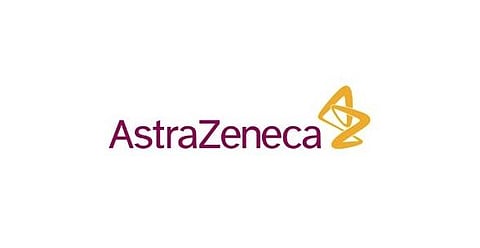

CHENNAI: British multinational pharma company AstraZeneca has taken a series of efforts to speed up drug discovery, development and bring them to market since the pandemic.
The company has a global technology and innovation centre at Chennai that focuses on information technology, day-to-day operations and innovations including data analysis and insights, designing clinical trial protocols, using immersive technologies, telemedicine for clinical trials, and artificial intelligence models for drug discovery and development.
The Chennai facility, which started as an IT back office, has now broadened out into R&D and other services and is called the Global Capacity Centre or GCC. Along with its Bengaluru office, it now has over 3,000 employees in the country.
The pandemic has changed the way businesses work forever and it couldn't be truer for anyone than AstraZeneca. It spurred a lot of innovation in the industry with its Indian centres being the key drivers.
"Earlier, data capabilities were in silos in every department. We brought everything together. We have established an enterprise data foundation which is run from Chennai," says Siva Padmanabhan, managing director of AstraZeneca India Pvt Ltd and global IT head of the company.
This helped AstraZeneca when it had to work with 60 contract manufacturers, share manufacturing and distribution plans in weeks without taking nine months.
In an interaction with TNIE, he explained the introduction of new tech architecture to work during the pandemic. "We tried real-time stabilisation study using barcode and underlying tech architecture without waiting for it for two years, thereby speeding up the product hitting the market. Those can be used in other drugs as well," he adds.
Noting that R&D has been getting more and more digitized, he says that there is no need to everything inside a lab. “You can simulate a lot of things electronically and even conduct experiments on digital twins, model proteins, and other things. So, we are able to support not only discovery but also the development of medicines like clinical trials and so on remotely because we are able to gather the data," Padmanabhan says.
He explains that it's more about data insight and analytics. The data gathered from clinical trials all over the world need to be analysed to understand the patterns. Once it is clear what the trial is actually showing, you can decide whether to proceed to the next phase or not, or whether to change the protocols.